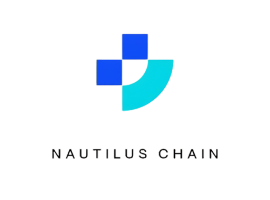
Nautilus
A framework for secure and verifiable off-chain computation on the Sui blockchain.
Overview
Nautilus is a developer framework designed to enable secure and verifiable off-chain computation specifically for the Sui blockchain. It addresses the challenge of performing complex computations off-chain while maintaining cryptographic proof of correctness on-chain. This hybrid approach allows developers to build applications that require heavy computation without burdening the blockchain with expensive on-chain execution costs.
The core of Nautilus is a reproducible build template for AWS Nitro Enclaves, which provides a trusted execution environment for running off-chain code securely. The framework includes patterns and examples to help developers integrate off-chain computation with on-chain verification, facilitating hybrid application development. Nautilus is open source under the Apache 2.0 license and intended as a flexible starting point rather than a fully audited product.
Developers can get started by exploring the Nautilus documentation and the example repository, which demonstrates an end-to-end Twitter-like application using verifiable off-chain computation. Integration requires familiarity with Sui blockchain concepts and AWS Nitro Enclaves or similar trusted execution environments. The Nautilus team supports community engagement through the Sui Discord channel for questions and use case discussions.
The Problem
Blockchain applications often face limitations in executing complex or resource-intensive computations on-chain due to cost and performance constraints. This restricts developers from building advanced features that require heavy processing while maintaining trustlessness and security.
The Solution
Key Features
Nautilus Alternatives
Explore web3 competitors and apps like Nautilus.

Core API
Pricing
Open Source | |
|---|---|
| Price (Monthly) | Free |
| Price (Annual) | Free |
| Messaging | N/A |
| Support | Community support via Sui Discord |
| Analytics |
Start Building Now
Reliable RPC, powerful APIs, and zero hassle.
Resources
Nautilus provides comprehensive documentation and example repositories to help developers understand and implement verifiable off-chain computation on Sui. The community is accessible via Sui Discord for support and discussions.







